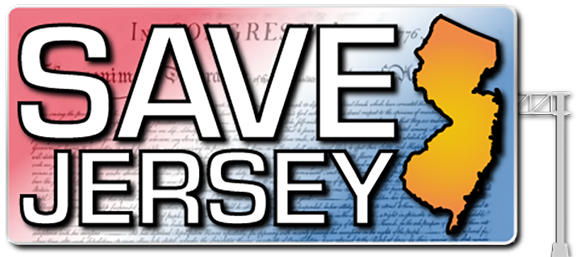
Imagine a world-class, state-of-the-art cancer treatment facility. A child receives a scary diagnosis, and the treatment is just what he needs. Now imagine that the child is being denied access to the public hospital because the family does not live close enough. That is the functional equivalent of how public schools work in New Jersey.
Education is one of the few, maybe only, areas, where politicians have decided that access is limited by zip code, and de facto wealth. No public park, pool, or hospital is run that way, restricting access based on outdated boundary lines. Fortunately, a movement is building to open up public school access and flexibility.
In New Jersey, the NAACP and Latino Action Network filed a lawsuit to end residential assignment of public schools; and families anxiously await a decision in the case. According to Cuqui Rivera, a program manager at the Latino Action Network: “We know that this is the civil rights issue of our time now … We’re very much organized to react to all aspects of it, to a good decision or a fair decision or a bad decision or an indifferent continuance.” Many school district boundaries are modern-day reflections of discriminatory and outdated redlining practices of the 1930s, so getting rid of boundary lines could be a major stride in removing barriers for families of color.
The movement is bipartisan to champion parental rights, uniting the political spectrum, from progressives to conservatives. In Idaho this year, Governor Brad Little signed into law transformational legislation mandating that school districts are not allowed to discriminate against students based on residential address or charge tuition for attending a public school. In Arkansas, open enrollment was opened up considerably, eliminating a current requirement that districts cannot allow more than 3% of their students to transfer, as well as a Transportation Modernization Grant for families who need transportation support. West Virginia, North Dakota, and Montana also expanded flexibility for children to attend the public school that is best for their needs.
The injustice is real. A school district near where I live is actively funding investigators to test families at their front doors or on the phone to see if they actually live in the district. Reports include calls from the school district claiming the caller had the wrong address, saying they were on the resident’s street, and singling out a neighbor’s house with the wrong color to see if the mother would correct them.
Nationally, there have been several high-profile cases of parents being arrested. Kelley Williams-Bolar, a mother in Akron, Ohio, was imprisoned for sending her children to a different public school than where they lived. According to a report by Available to All, “in at least 24 states, parents who use an address other than their own to enroll their children in public school can be criminally prosecuted, resulting in steep fines and even jail time.”
In stark contrast to archaic laws, increasing public school access is publicly popular. According to a January poll commissioned by yes. every kid. foundation., 75% of Americans support students having access to any public school that best fits their needs. Support is higher among Black Americans at 82% and slightly higher for Democrats at 77%. Parental rights remain a top issue in elections, following the COVID pandemic where families had front-row seats to their children’s education.
The solution is clear: No More Lines.


